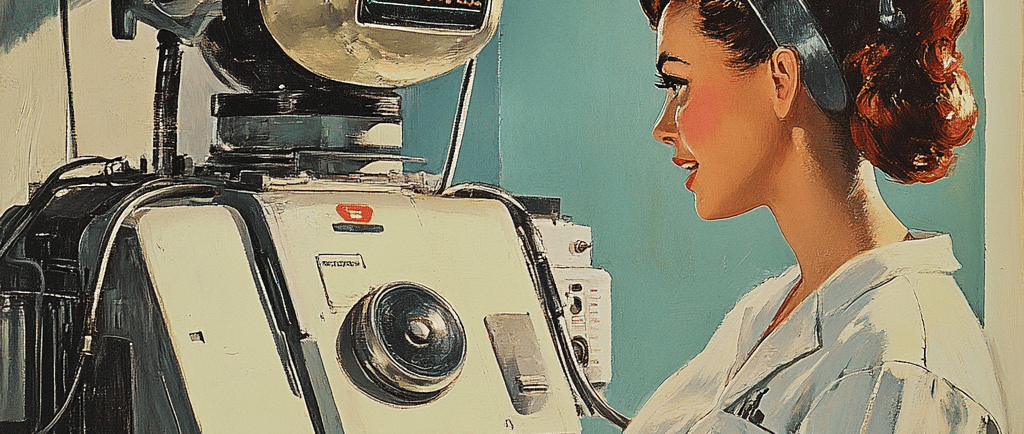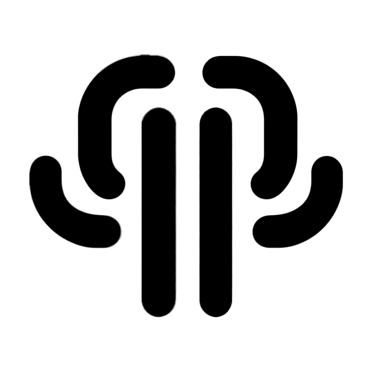AI Healthcare Breakthrough
An AI diagnoses a rare disease and suggests a successful cure.
TIMELINE


I've often found myself wondering about the seemingly miraculous interplay of science and compassion, especially in the realm of healthcare. It strikes me how often we hear stories of people whose lives hang in the balance due to rare diseases—conditions that puzzle even the most seasoned doctors, leaving families in limbo, desperate for answers. Recently, I stumbled upon a breakthrough that made me pause and reflect, one that seemed to blur the line between science fiction and our hopeful reality. An AI had not only diagnosed a rare disease but had also suggested a successful cure. How incredible is that?
This topic resonates with me deeply. I’ve watched loved ones grapple with health issues, and I understand the crushing weight of uncertainty that comes when traditional medicine hits a wall. The thought of an intelligent system diving into countless data points, analyzing them in ways human minds simply cannot, gives me both hope and trepidation. What if the very technology that some fear could leave us feeling even more disconnected actually helps bridge the gap between suffering and healing?
As I reflect on this AI-driven breakthrough, I’m struck by how it reflects a new era in the relationship between patient and caregiver. Imagine a world where every individual's unique health data is analyzed in real-time, where nuances of symptoms are evaluated against vast databases, revealing patterns that were previously invisible to human eyes. It’s not just about statistics; it’s about bringing to light the stories embedded in raw data—stories that could lead to life-saving interventions. This isn't merely about curing a disease; it's about understanding an individual's journey in a profound and deeply empathetic way.
Yet, I can’t help but wonder about the implications of such advancements. On one hand, we’re presented with hope: lives saved, suffering alleviated, and potentially even a future where diseases that once felt insurmountable become manageable. But then there's the other side of the coin. Will we become too reliant on technology? What happens if these systems falter or present flawed information? There’s a human touch in care that cannot be quantified by algorithms, one that goes beyond diagnoses and treatments. It beckons the question of how we will balance technology's gift with the irreplaceable warmth of human connection in the healing process.
As I wrestle with these ideas, I find myself hoping fervently for a future where AI becomes a partner in health—a tool that enhances our ability to care for one another, not replaces it. I worry, too, about the accessibility of such groundbreaking advancements. Will they be available to all, or remain a privilege for those who can afford it? I fear a chasm could form between those with access to cutting-edge health solutions and those left behind, deepening existing disparities in healthcare.
As I ponder this revolutionary intersection of technology and humanity, I find myself asking: In our quest for a miracle cure, how do we ensure that we don’t lose sight of the very essence of care—the compassion that binds us together as we seek understanding and healing? Am I the only one who feels excitement mingled with a sense of caution? What does it truly mean to be healed in an age of artificial intelligence?
